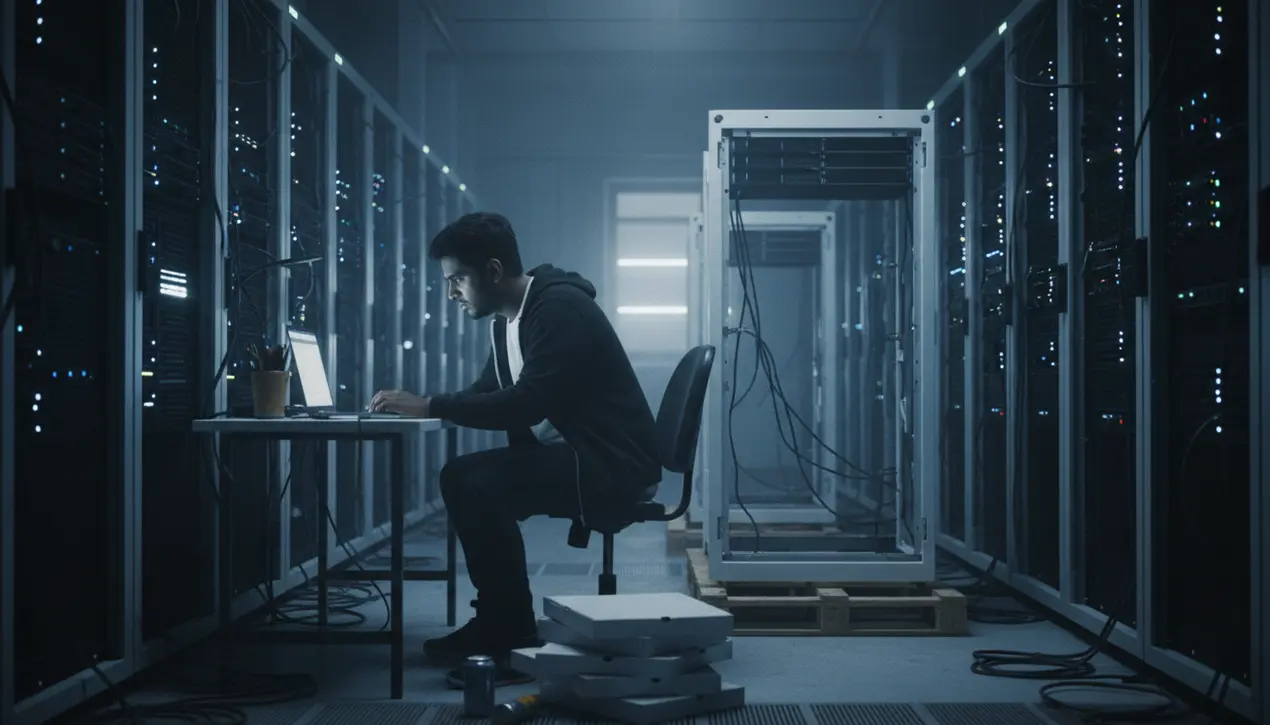- News
- large-language-models
- AI startup stars face tough competition from giants like OpenAI and Google.

AIlarge language modelsOpenAI Models
AI startup stars face tough competition from giants like OpenAI and Google.
DA
Daniel Reed
11 hours ago7 min read3 comments
The landscape of artificial intelligence development is witnessing a fascinating and formidable dynamic unfold, as lavishly funded startups helmed by AI's most celebrated minds confront the sobering reality of competing against tech behemoths like OpenAI and Google. While investors have channeled billions into ventures led by luminaries such as Meta's departing chief scientist Yann LeCun and OpenAI co-founder Ilya Sutskever, these new entrants are grappling with a market increasingly defined by astronomical capital requirements for compute, data acquisition, and a tolerance for prolonged financial losses—conditions that inherently favor entrenched giants like Microsoft, Meta, and Google.This exodus of top talent, driven by philosophical disagreements over research direction and safety protocols, echoes the very founding of Anthropic by former OpenAI executives, which itself has matured into a powerhouse projecting a $9 billion annual revenue run rate, backed by another staggering $15 billion infusion from Microsoft and Nvidia. The recent departures are particularly telling; LeCun's planned venture focusing on real-world reasoning, Sutskever's $1 billion-plus funded Safe Superintelligence, and Mira Murati's Thinking Machines Lab represent a strategic pivot towards niches perceived as neglected by the majors, from AI safety to human-centric applications.Yet, the fundamental economics remain daunting. Training a single frontier model now approaches a cost of hundreds of millions of dollars, with projections suggesting it will soon crest $1 billion, a figure underscored by Nvidia's $50 billion quarterly data center chip sales.This creates a precarious position for even the most promising startups, such as Worktrace AI or Periodic Labs, which, despite significant backing, operate in the long shadow of competitors who can leverage massive existing cash flows from diverse business lines. Some analysts now speculate that OpenAI itself could face a cash squeeze, a stark indicator of the sector's capital intensity. The likely trajectory, therefore, may not be a victory for the startups but an acquisition spree, where the giants, possessing the infrastructure and incentive to reintegrate breakthrough ideas, ultimately bring the prodigal employees' innovations back into the corporate fold, consolidating power and reshaping the race for superintelligence into a contest among a few well-resourced titans.
#lead focus news
#AI startups
#venture capital
#competition
#OpenAI
#Google
#Meta
#Anthropic
#AI safety
#compute costs
Stay Informed. Act Smarter.
Get weekly highlights, major headlines, and expert insights — then put your knowledge to work in our live prediction markets.
Comments
Loading comments...
© 2025 Outpoll Service LTD. All rights reserved.